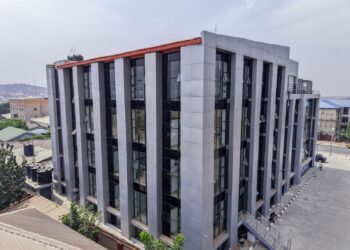By Amina Samuel,Kaduna
The Northern Christian Youth Professionals (NCYP) condemned the exclusion of Christians in recent appointments to the board of the North West Development Commission by President Bola Tinubu.
In a statement signed by NCYP Chairman, Isaac Abrak, the group said there is lack of diversity in the appointments, which they claim fail to reflect the religious composition of the region.
Abrak emphasized the need for inclusivity, highlighting that none of the newly appointed directors represent the Christian population from the six states of the North West region.
“For the sake of fair representation and unity, it is imperative that Christians are appointed to the commission,” he stated, describing the current situation as “unacceptable” and a continuation of the marginalization of Christian communities in the area.
The group warned that failure to address these concerns could deepen religious divisions within the region and hamper the effectiveness of the commission’s work.
“Leaving these appointments unchanged will have negative consequences for the commission’s success and exacerbate religious tensions in Nigeria,” the statement read.
The NCYP is urged President Tinubu to reassess the appointments and ensure that future decisions promote inclusivity and reflect the diversity of the North West region.
They called on the President to prioritize unity in his governance, stressing that balanced representation is crucial for national cohesion.
As of now, there has been no official response from the Presidency regarding the NCYP’s demands.











